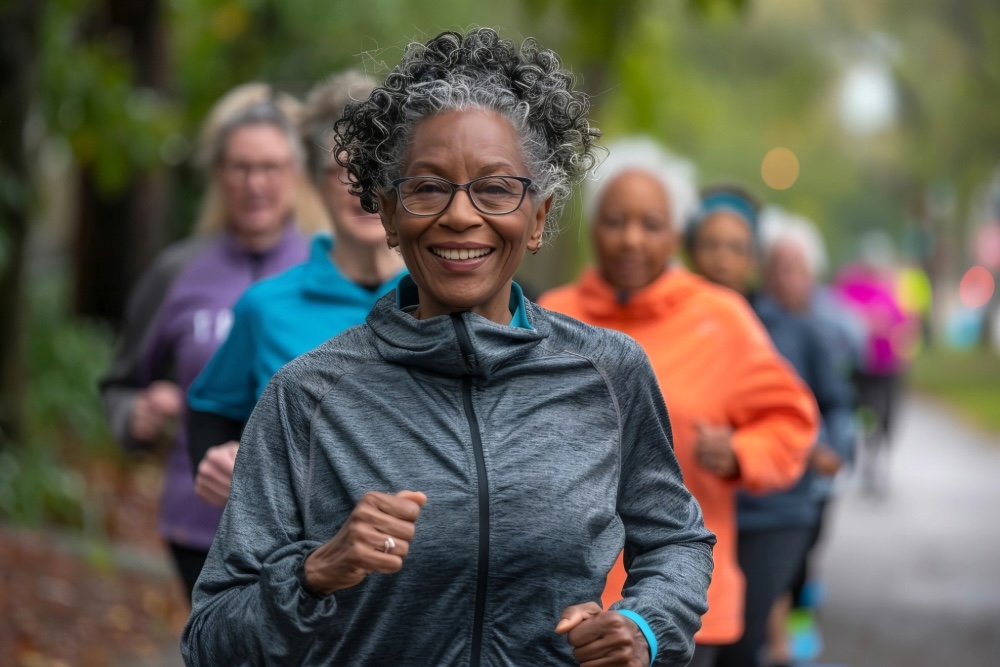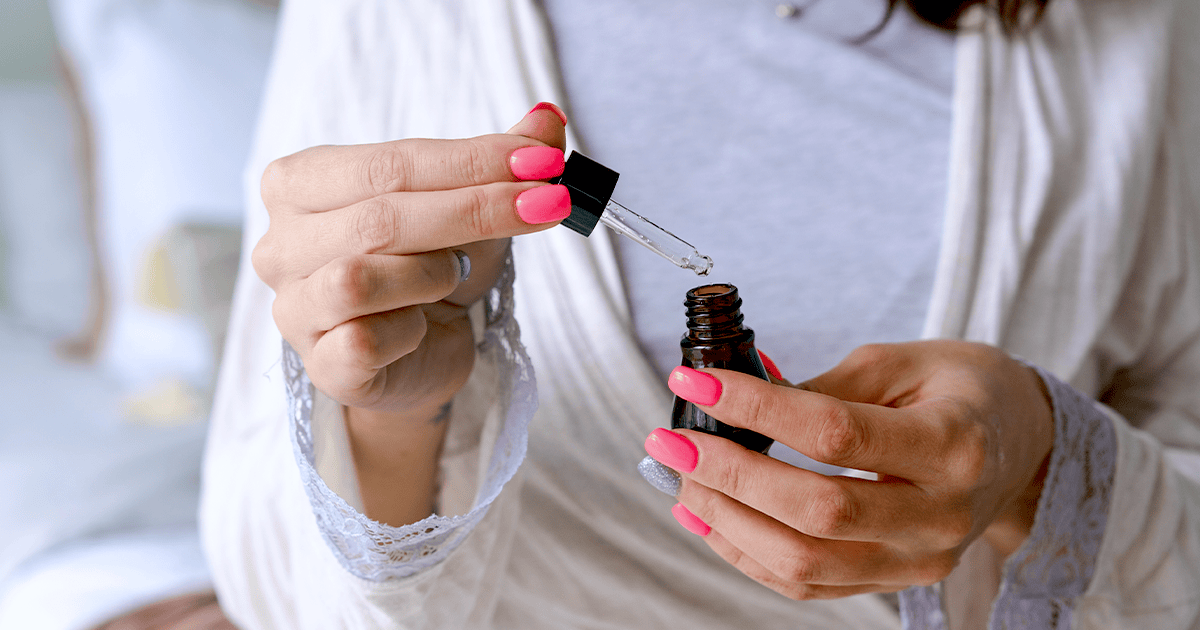In the great theatre of life, ageing is the one act nobody escapes. But healthy ageing doesn’t mean fading quietly into the background. In fact, with the right tools and a bit of foresight, later life can be just as lively, purposeful and fulfilling as any other chapter.
Access BDD, the stairlift specialists with a reputation for keeping people moving forward—both literally and figuratively—have shared a timely reminder: your mental health deserves just as much attention as your physical wellbeing. And they’re not wrong.
Creating a Space That Supports, Not Restricts
Let’s start where we all end the day—home. A key part of healthy ageing is making sure your living environment is fit for the future. This isn’t about turning your lounge into a hospital ward. It’s about simple, smart adjustments that preserve independence and dignity.
“Planning ahead with home adaptations such as stairlifts can make all the difference to maintaining independence,” says Bethany Ward, Marketing Specialist at Access BDD. “We always encourage people to consider these options early — it allows you to make informed choices and future-proof your home without the stress of reacting to a crisis.”
Whether it’s ensuring stairs don’t become Everest, improving lighting to reduce falls, or adding smart tech for convenience—future-proofing isn’t about giving in, it’s about staying ahead.
Rebuilding Bridges, Not Walls
Let’s be honest: loneliness doesn’t always come crashing in like a storm. It’s quieter than that. It creeps in with empty chairs, phone calls that don’t come, or routines that used to include others. The decline in social interaction is one of the biggest threats to healthy ageing—and yet, one of the most addressable.
Whether you’re someone who thrives on a buzzing calendar or someone who’s always preferred solitude, staying socially engaged matters. Local walking groups, gardening clubs, hobby circles—these aren’t just time-fillers. They’re lifelines.
Volunteering or picking up part-time work can also reintroduce structure and a sense of purpose. After all, the end of a full-time career doesn’t mean the end of meaningful contribution.
Tech Isn’t the Enemy
Yes, the digital world can feel like learning a new language at times—but it’s also the gateway to staying connected. Learning to use video calls, social media, and messaging apps bridges the distance between you and the people who matter most.
There’s no shame in needing a hand. Many community centres and adult learning hubs now offer classes tailored to older adults looking to gain digital confidence. These tools can also be customised for accessibility, ensuring everyone can stay in the conversation—whether it’s online or over a cuppa.
The Daily Practices That Make a Difference
Healthy ageing isn’t just about dodging ailments; it’s about actively nurturing your mental resilience. That starts with the basics: regular check-ups, good sleep, a balanced diet, hydration, and exercise.
But don’t stop there.
Mindfulness, journaling, creative hobbies—these aren’t indulgences, they’re fuel for the mind. If you’re feeling low or overwhelmed, speaking to a GP, joining a support group or accessing counselling services can make all the difference.
Plan Now, Relax Later
It’s tempting to kick the can down the road when it comes to planning for old age. But sooner or later, that road gets bumpy.
Simple measures like appointing a Power of Attorney or having a family member attend important appointments with you can ease future pressures. Knowing your preferences are legally protected brings a certain calm that no wellness app can match.
Ageing on Your Terms
At its core, healthy ageing is about autonomy. It’s about choosing to shape the road ahead, rather than waiting for it to shape you. Small, deliberate steps—adapting your home, growing your social network, investing in your mental health—are not just worthwhile. They’re essential.
Ageing brings change, no doubt. But it also brings freedom: freedom to redefine what fulfilment looks like, to learn new skills, and to engage with the world on your own terms. And in that sense, maybe it’s not the final act at all—but the best encore you’ll ever get.
To learn more about practical solutions that support independent living, visit Access BDD.





